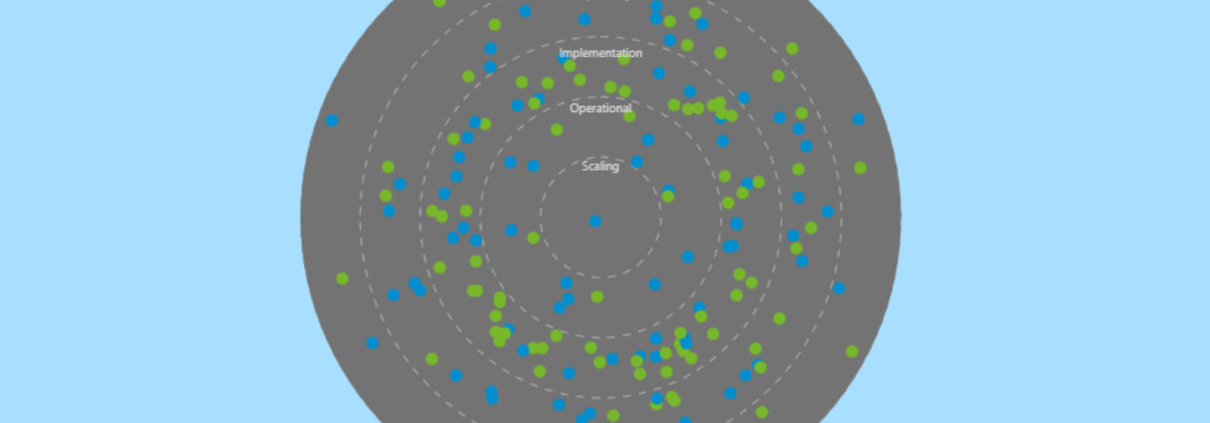DATA CELLAR joins the Data Spaces Radar
DATA CELLAR has recently joined the Data Spaces Radar, an initiative by the International Data Spaces Association (IDSA). This collaboration marks a step forward in enhancing visibility, fostering transparency, and recognising promising data space endeavours within the EU. This article highlights the benefits and implications of this collaboration for DATA CELLAR and the broader data space ecosystem.
The Data Spaces Radar
The Data Spaces Radar, introduced by IDSA over two years ago, is an innovative tool that has become central to the dynamic landscape of data spaces. The Radar serves as an accessible, comprehensive repository of data space initiatives worldwide, providing insights into various sectors, technical transparency, and stages of development. The Radar has catalogues nearly 150 entries across different sectors (mobility, manufacturing, energy, Green Deal, tourism, health, automotive, agriculture, smart cities and others), showcasing the global expansion and evolution of data spaces.
The Data Spaces Radar classifies data spaces into five developmental stages: exploratory, preparatory, implementation, operation, and scaling.
The exploratory stage is the initial phase of a data space, which involves exploring its interest, potential, and viability. Activities include attracting stakeholders, collecting requirements, and discussing use cases.
The next is the preparatory stage. At this stage, committed partners develop use cases and prepare to implement the data space.
The implementation stage, in which DATA CELLAR is classified involves detailed project planning, resource allocation, and the development of governance frameworks and infrastructure.
Then there is the operation stage, at which data spaces have tested infrastructure and governance frameworks, with operational use cases and data flows between providers and recipients.
Lastly, the scaling stage is characterised by consistent growth in participants and use cases, leading to financial and operational sustainability.
Joining the Data Spaces Radar
By featuring our use case on the Data Spaces Radar, DATA CELLAR gains several advantages. The Radar increases visibility within the data community, attracting potential partners, investors and customers, which is crucial for fostering collaborations and advancing our project. It also encourages sharing insights and best practices among organisations, creating a collaborative environment that inspires innovative approaches to data-driven solutions and supports continuous improvement.
Additionally, companies can compare their use cases with others on the Radar, gaining valuable insights for improvement and optimisation, which helps refine strategies and enhance project outcomes. Being part of the Radar community fosters connections with data experts and stakeholders, facilitating networking and constructive feedback from peers. This interaction is vital for the ongoing refinement and success of our project. Sharing our use case on the Radar also contributes to the overall growth and development of the data ecosystem, driving innovation and supporting the creation of more robust and effective data spaces.
A collaborative future
The European pursuit of fair, compliant, and trustworthy data spaces relies on a collaborative approach involving diverse participants. Led by the Data Spaces Support Centre (DSSC), which coordinates actions to support common European data spaces, this effort aims to foster a strong network of organisations and initiatives dedicated to data space development. Central to this network is the Community of Practice (CoP), which includes existing emerging data space initiatives and potential data space building block implementers, in which DATA CELLAR participates.
Joining the Data Spaces Radar is a significant achievement for DATA CELLAR, aligning with our goal to support local energy communities and drive sustainable energy solutions across the EU. This collaboration enhances our visibility, fosters innovation, and contributes to the broader data ecosystem.
Read more information and dive into the radar here.





